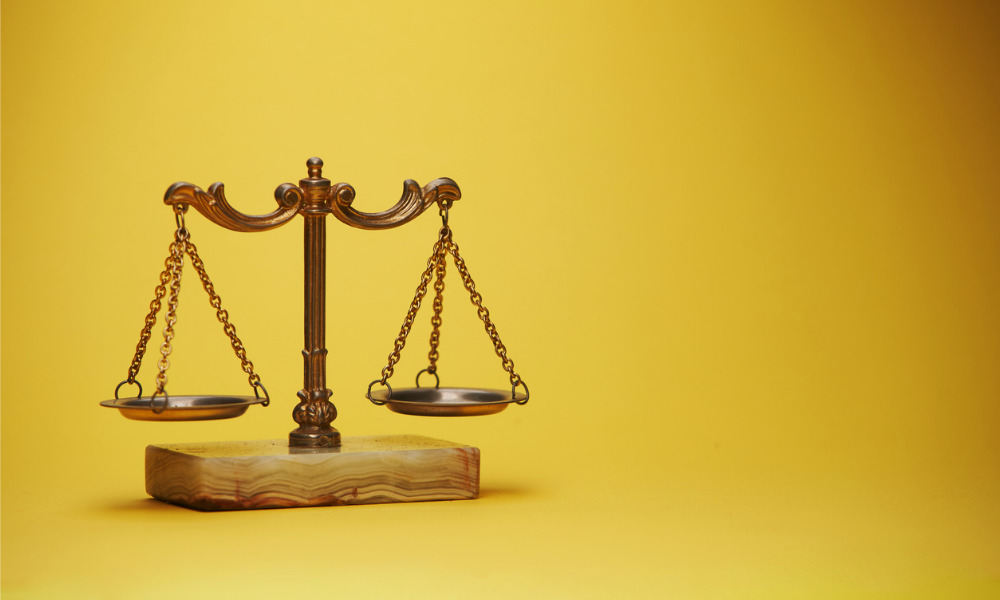
Bill strikes fair balance between procedural fairness and public confidence in justice system: CBA

The Canadian Bar Association has expressed its support for legislation that aims to change the judicial complaints process, first established 50 years ago.
Tabled in Dec. 2021, Bill C-9 proposed changes to the Judges Act to restructure the process for dealing with misconduct allegations against federally appointed judges. In particular, the bill will amend the process through which the Canadian Judicial Council (CJC) reviews the conduct of these judges in three significant ways:
In a letter addressed to Justice and Human Rights Committee Chair Randeep Sarai, the CBA said that enacting the bill will enhance judicial accountability, build transparency, and create cost-efficiencies in the process for handling complaints against judges.
According to the CBA, the process for screening complaints that may not be serious enough to warrant removal from office is a “positive development.”
“This process saves the CJC time, ensures that judicial resources are well-managed and minimizes the amount of time a judge might potentially spend defending a frivolous complaint,” the CBA wrote.
The CBA also noted that improving the process by which recommendations on removal can be made to the justice minister will ensure the efficient use of government resources since only meritorious claims will move forward.
The CBA cited another aspect of the bill that enables judges facing removal from office to appeal the hearing panel’s decision before an appeal panel composed of three CJC members and two judges and, if allowed, launch a final appeal to the Supreme Court of Canada.
“This streamlines the current process for court review of CJC decisions, which involves judicial review by two additional levels of court − the Federal Court and Federal Court of Appeal − before a judge can ask the SCC to hear their case,” the CBA wrote.
Moreover, the CBA stated that the bill would afford judges the right to defend their conduct through a fair process and protect their pensionable service if they are ultimately exonerated.
“In the view of the CBA subcommittee, the bill strikes a fair balance between the right to procedural fairness and public confidence in the integrity of the justice system with the discipline of judges who form the core of that system,” the CBA wrote.